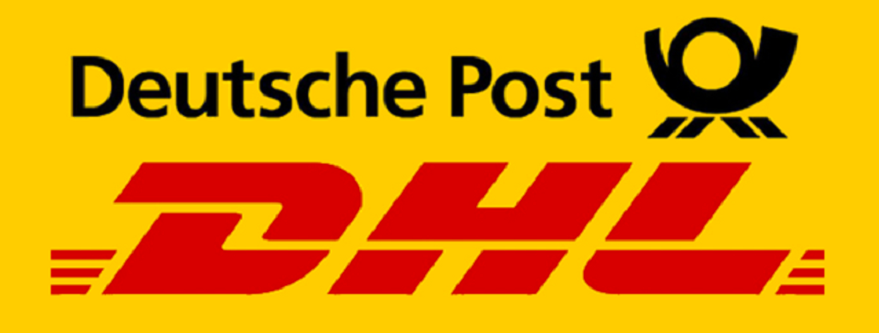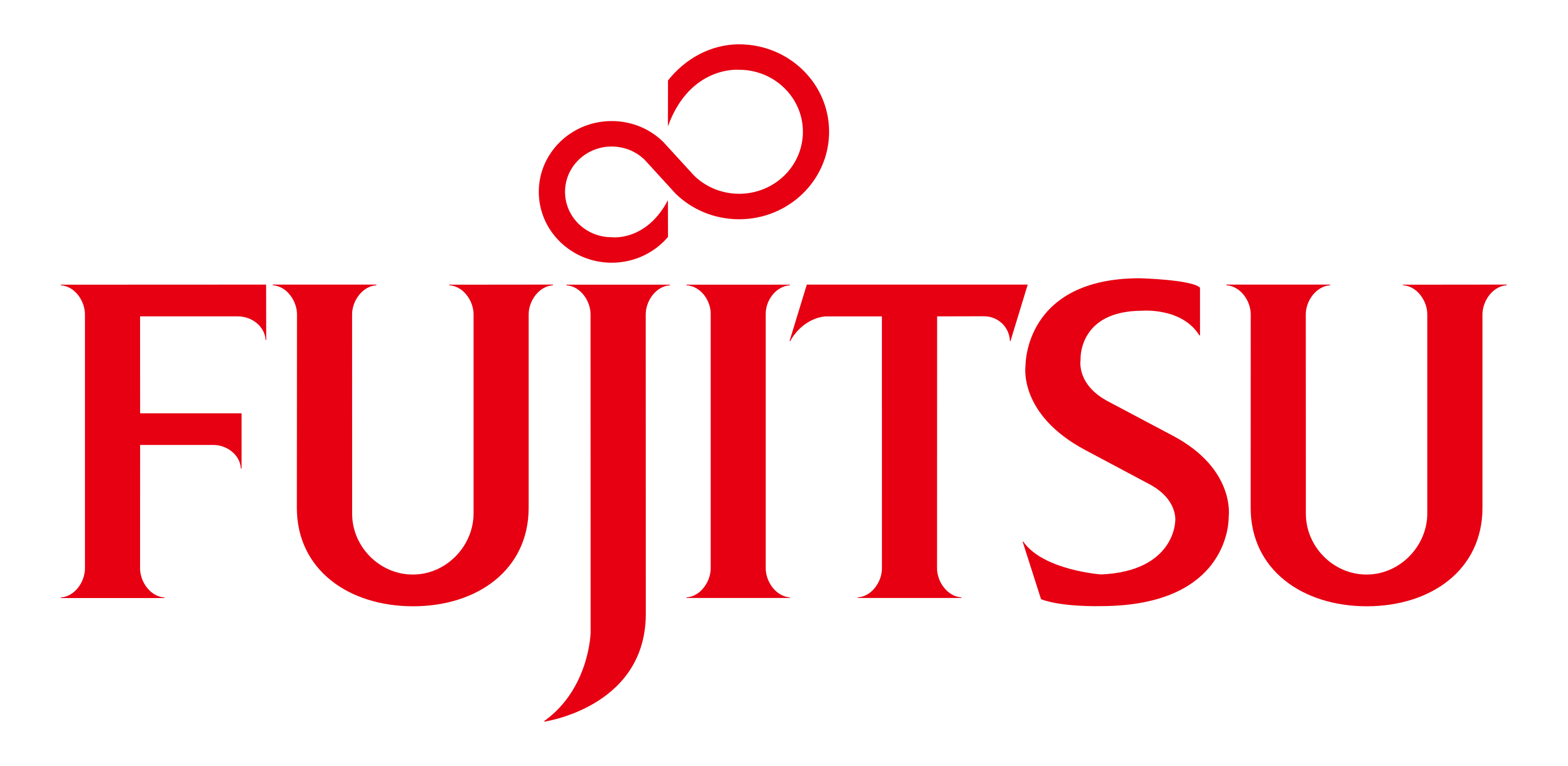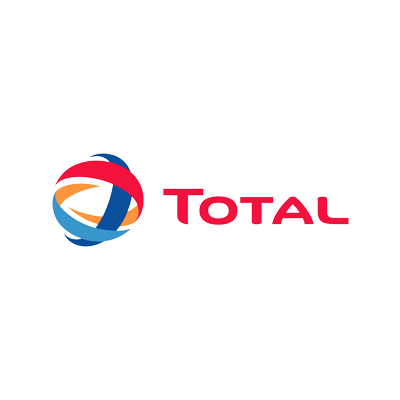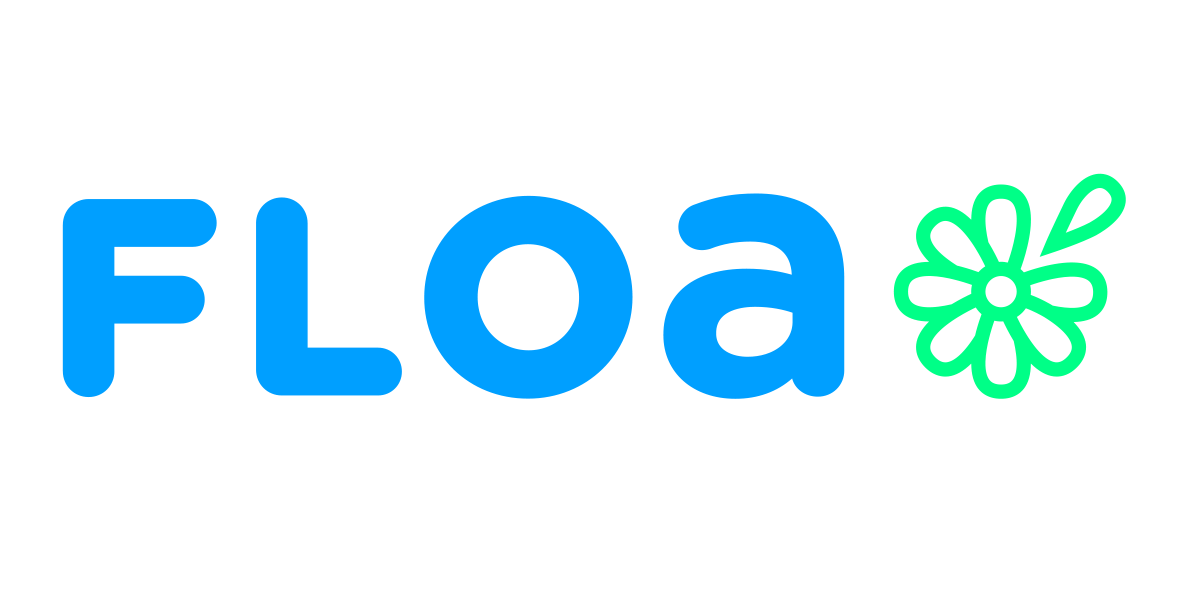Artificial Intelligence is a term that is nowadays conjugated by all cases. Not surprisingly, the technology of the future has also become a subject of debate in the legislative bodies of the European Union member states, as well as in the European Parliament itself. The term Artificial Intelligence is very broad, and therefore constructing a scope definition of this concept has proven to be a major challenge – for how to create a definition of something the capabilities of which are still not fully known to humans, and at the same time not to limit the development of AI with the introduction of overly strict and defined legal norms?
Different definitions of Artificial Intelligence
By practitioners and those involved in the development of Artificial Intelligence, it is considered, on the one hand, simply as a field of knowledge located at the intersection of mathematics, computer science, as well as logic, or even philosophy, dealing with the creation of devices and programs striving to replicate intelligent behavior similar to that of the human brain.
On the other hand, it is the name for a set of technologies and the tools based on them that make it possible to solve problems impossible to solve by standard algorithms. Such challenges include, for example:
- The analysis and synthesis of natural languages, known as NLP,
- logical processes that imitate human thinking,
- decision-making on an incomplete set of data,
- proving assumed assertions
The third concept relating to the term „Artificial Intelligence” itself is that AI is the theoretical product of engineering activities, not a natural process, in other words, it is human-made intelligence.
What does the European Union have to say about it?
The European Commission, in its ongoing work on the Artificial Intelligence (AI) regulatory package, has focused on three aspects that lead the entire legal regulation of this subject, namely:
- promoting and disseminating AI in the European Union,
- countering the risks associated with certain AI applications, by promoting excellence and trust,
- regulating civil
While the project’s assumptions were not in much doubt, especially since in formulating them, opinions were drawn from several industry experts and the academic community, and a survey was conducted among businesses using or wishing to use AI-based technology, however, constructing the definition of AI itself was a time-consuming challenge.
Finally, on March 13, 2024, the European Parliament adopted the final wording of the Artificial Intelligence Regulation, and with it, the definition of AI in Article 3, as follows:
‘artificial intelligence system’ (AI system) means software that is developed with one or more of the techniques and approaches listed in Annex I and can, for a given set of human-defined objectives, generate outputs such as content, predictions, recommendations, or decisions influencing the environments they interact with;
The above definition is significant in the sense that any solution classified under it as AI will be subject to the entire AI Act regulation. Consequently, such a solution will have to comply with several requirements in the Regulation, including restrictions on the distribution and use of the system.
Interestingly, the definition in Article 3 of the Regulation, only after numerous amendments, was given a relatively neutral shape, which does not refer to specific technologies, which, after all, given the pace of AI development, could change just as quickly, which in turn would automatically obsolete the entire definition. Thus, it should be considered that the introduced definition is less exclusionary, at least at the initial stage of qualifying a given technology as one that can or cannot be considered AI, but on the other hand, it is so general that it is bound to raise doubts as to the limit of its applicability.
In the next steps, the AI Act still has to undergo a linguistic revision procedure to eliminate possible terminological discrepancies that may arise after the regulation is translated into the national languages of EU member states, and then it must be officially accepted by the European Council. The regulation will enter into force twenty days after publication in the Official Journal and will be fully effective 24 months after it enters into force.
Undoubtedly, it is a very good move on the part of the European Union that it was practically the first to take on the task of creating a comprehensive regulation on the development and scope of application of Artificial Intelligence since it is precisely this package of regulations that will set further standards for the use of the technology of the future.
Artificial Intelligence Development Policy in Poland
Poland is not lagging behind, both in terms of the development of AI tools, the implementation of AI in business, and the government’s efforts to support the domestic technology sector.
According to the Government AI Readiness Index 2023 survey conducted by the Oxford Insights organization, Poland is among the top 40 countries most ready to implement AI in various sectors of the economy, including the state sector. The survey was based on data from 193 countries on a country’s government policies, its technology sector, as well as data and infrastructure.
One of the measures that the Polish government took to support the development of Artificial Intelligence in Poland was the enactment of the „Policy for the Development of Artificial Intelligence in Poland from 2020.” The policy was constructed following the general directions of the country’s development, in consistency with the planned regulations of the European Union, as well as other organizations of which Poland is a member.
The main goals guiding the conduct of the policy for the development of Artificial Intelligence in Poland are:
- preparation of requalification programs for people in professions at risk of disappearing, due to the development of technology,
- assessing potential risks and opportunities for creating new jobs,
- preparation of laws in terms of flexible forms of work and virtualization of the work environment (remote work),
- analyzing the ethical implications of AI implementation and the impact of AI systems on the sphere of human rights,
- ensuring security and building public trust and readiness to use AI solutions in conjunction with the democratization of access to AI,
- making Poland an attractive country for highly skilled AI workers,
- increasing the supply of AI solutions produced in Poland.
The above goals, and much more, according to the proposed policy, are expected to be achieved by 2030. The annual reports to be submitted by the Minister of Information Technology and the mood of the domestic market will show where our country really stands in this technology race.
How will regulations on Artificial Intelligence affect its development?
Here, the scenarios could be many, and in fact, at this point it is fortune-telling. Certainly, putting AI in a legal framework, for sure, is what we all need. Not only will this provide clarity in the context of calling new technologies Artificial Intelligence, but it will also secure the interests of companies operating in this industry, and what’s more, it will allow us to protect our rights before national courts, as well as the judicial bodies of the European Union.
It should also be emphasized that the motivation for the introduction of regulation, such as the package of regulations and directives proposed by the EU, was to regulate the legal status of Artificial Intelligence, but also, and perhaps above all, to support its development and use the potential inherent in it to improve the efficiency of many sectors of the economy, as well as administration while respecting the principles of ethics, which definitely cannot be left out of this discussion.

